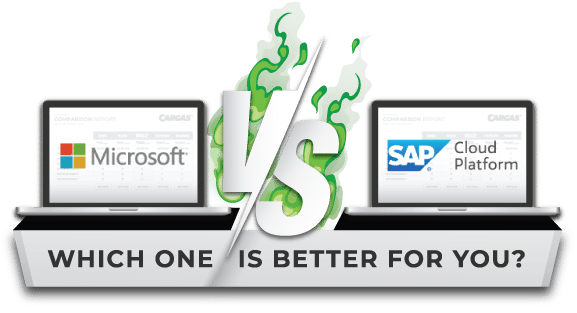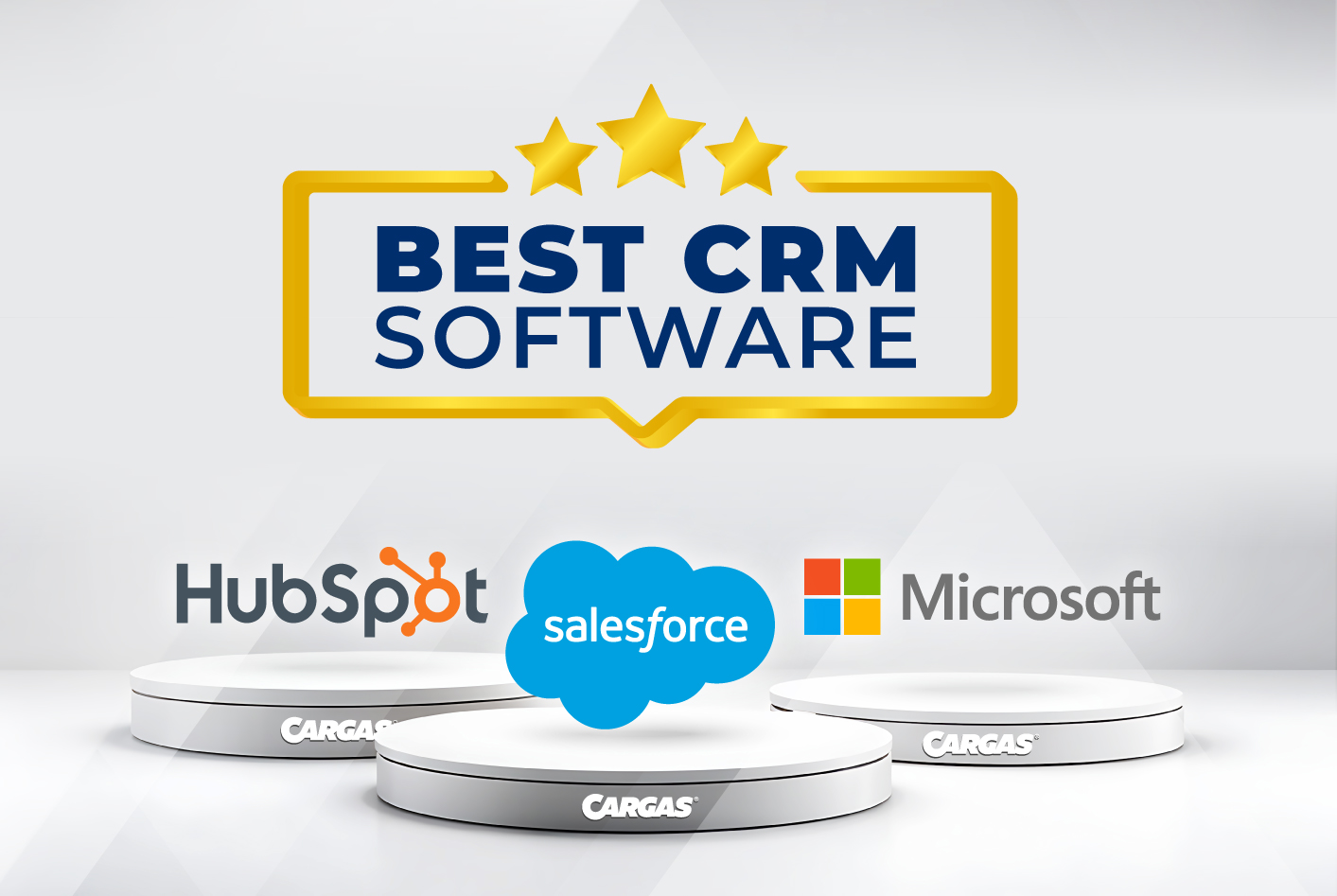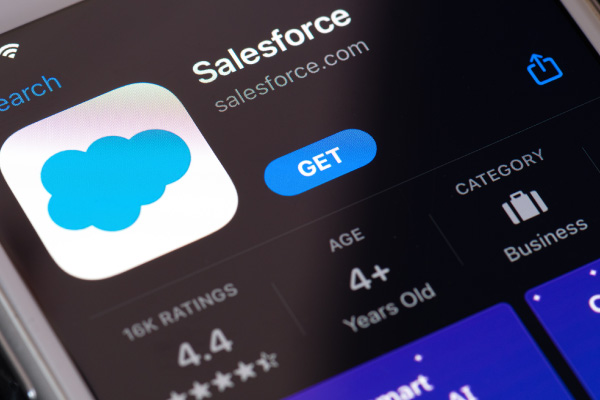COMPARISON | 4 MIN READ
Microsoft Dynamics 365 CRM vs. SAP Sales
Compare two of the top CRM solutions for sales.

Microsoft Dynamics 365 CRM and SAP Sales Cloud are two leading mid-market business solutions with overlapping features and functions. While these products share some capabilities, several vital differences may make one a better fit for your business than the other. In this article we will be comparing the similarities and differences. If you want a side-by-side report, unlock our Dynamics 365 CRM vs. SAP Sales Comparison Report.
Enterprise CRM Platforms
Features
Dynamics 365 CRM Core Features:
- Forecasting
- Lead and Opportunity Management
- Task and Activity Management
- Marketing Lists and Quick Campaigns
- Products, Price Lists, and Product Bundles
- Quotes, Orders, and Invoices
- CPQ and Data Enrichment Solution Delivery
- Live Org Charts
- Product, Relationships, and Hierarchies
- Competitors, Sales Goals, and Territory Management
- Partner Relationship Management
- Microsoft Office 365 Integration
SAP Sales Core Features:
- Mobile Engagement
- Lead Management
- Collaboration Features
- Guided Selling
- Forecasting
- Pipeline Management
- Reports and Dashboards
- Retail Execution and Field Sales
- Routing and Visit Planning
- Workflow Automation
Suppose you’re eager to explore additional core and advanced module features offered by Microsoft Dynamics 365 CRM or SAP. In that case, our comparison report is the perfect resource for you. Explore a detailed side-by-side comparison report.
Pricing
Implementation Timeline
The amount of time needed to implement these solutions will be unique to your business depending on your needs, the modules you choose to implement, and any additional customizations or integrations that are part of your implementation project.
Microsoft Dynamics 365 CRM typically requires a longer implementation window—ranging from 3 to 6 months—due to the system’s extensibility, depth of features, and options for integration with the broader Microsoft ecosystem. On the other hand, SAP Sales Cloud can often be deployed in a shorter timeframe, typically within 4 to 8 weeks, especially when implemented with out-of-the-box functionality and fewer third-party integrations. Businesses with urgent go-live goals or limited internal IT resources may prefer the faster rollout SAP offers, while companies needing deeper customization may lean toward Dynamics 365.
Integrations
Both Microsoft Dynamics 365 CRM and SAP Sales Cloud offer powerful integration capabilities, but they approach them differently. Dynamics 365 CRM is part of the larger Microsoft ecosystem, which means it integrates natively with other Microsoft tools like Outlook, Teams, Excel, and SharePoint. For companies already using Microsoft 365, this provides a seamless user experience and centralized data management. It also connects easily to Power Platform applications like Power BI and Power Automate, offering advanced analytics and workflow automation.
SAP Sales Cloud is designed to integrate deeply with other SAP solutions, such as SAP S/4HANA and SAP Marketing Cloud, making it an ideal choice for businesses already running their operations on SAP. It also supports integrations with popular third-party systems via APIs, though these may require more setup and configuration. Businesses that need CRM to fit into a broader SAP-led digital strategy may find this ecosystem especially appealing.
Sum It Up
Microsoft Dynamics 365 CRM offers CRM functionality for sales, marketing, and other vital business operations. The software allows for cloud, on-premise, or hybrid deployments, and Microsoft segments its customers by deployment to provide the best possible service and support. While Dynamics 365 integrates best with other Dynamics 365 and Office 365 solutions, it pairs with many add-ons from the AppSource marketplace. The Microsoft support team responds quickly to inquiries, though advanced support packages are available for companies needing high-level service.
SAP Customer Experience includes a Sales Cloud module with public or private tenant options. SAP software integrates best with solutions from the same family, including a mix of on-premise and cloud solutions. SAP subscriptions include support, but assistance can take time due to the waiting period between submitting a support ticket and hearing back on the support team’s availability.
At Cargas, our expert consulting team specializes in Microsoft Dynamics 365 CRM. If you’re struggling to determine which of these solutions is the best fit for your business, we’d love to help. Let’s connect to talk about your needs and what you’re looking for in a software solution.
Dynamics 365 CRM vs. SAP Comparison Report

Take advantage of our side-by-side comparison report by entering your information: ►

Let’s Chat
Still have questions? Get in touch with our expert team of software professionals.


